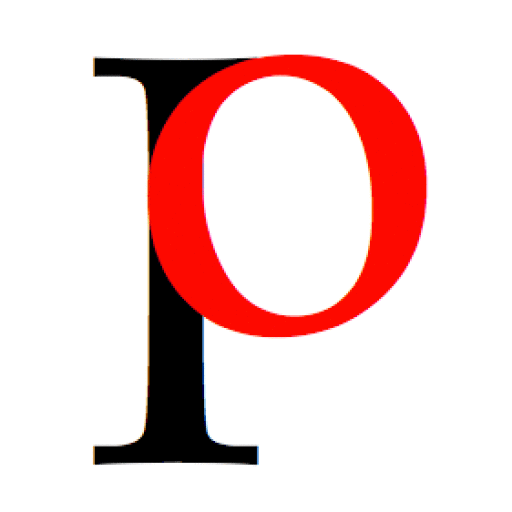“Why should I care?”
This is the question that educators must address, as the answers can determine the level of engagement by students for curriculum experiences. The best answers are not explanations but learning experiences that are authentic to the learners’ world beyond the classroom.
- In Michigan, 1st and 2nd graders design and maintain a greenhouse to grow vegetables for their annual community farmers’ market.
- In Ohio, 3rd graders lobby local government to build a public garden as a sanctuary for pollinators.
- In Texas, middle school students plan and facilitate an edcamp where students teach peers and adults about their passion topics.
- In Virginia, high school students advocate for better protections against sex traffickers in the United States.
Authentic Learning Experiences (ALE) help students connect curriculum with real world meaning. That’s it, in a nutshell. There are many educators who struggle with adapting traditional practices. The ones that do make the changes or tweaks are discovering the depth and extent that learners will commit time and energy towards the authentic tasks that are either provided or are student created and directed. There is a rising number of school districts that are committed to approaches that are based on Authentic Learning Experiences, which are leading to strong examples of systemic success over time. Some examples include:
- Lake Travis ISD, TX
- Isle of Wight School Division, VA
Each of these school districts have made an institutional-wide commitment to authentic learning experiences that engage and empower students to learn curriculum through job-embedded, aka real world experiences. Some ALE examples include:
| 1. | Field trips at the start of a unit so that students can do on-site research and interviews of experts and staff, such as at zoos (habitats), museums (research), and park waterways (water quality tests). |
| 2. | Publication of student work from essays to videos about community and societal topics that target a specific audience outside of school. |
| 3. | Video conference meetings with experts and professionals from a variety of fields. |
| 4. | Doing work within the context of how an identified profession does similar tasks, such as scientists, authors, engineers, business people, and issue-based non-profits. |
When students experience curriculum through the ALE lens, they can make connections as to how theory looks and feels in practice. Including an authentic audience is critical to the experience. When learners prepare products and presentations for a real target audience like business owners, scientists, government officials, or community members, those experiences carry greater weight and pressure on students for producing quality than turning in work to the teacher or presenting to classmates.
Getting started on this path works best when the school shares a common language for Authentic Learning Experiences. Here are two steps that support successful implementation.
Step One: Use a proven ALE framework
While the school districts referenced above have their unique approach to providing authentic learning experiences, they share some common elements.
Levels of the ALE framework
Each of these levels ensures that authentic learning experiences are tied deeply to learning outcomes (Foundation), provides contextual connections to academics with careers (Level 1), and makes the work public to a purposeful audience (Level 2).
|
Foundation: Significant content is the core of the work. Level 1: Students apply content skills as used by related professions. Level 2: Students address an authentic purpose for a community or client need. |
The foundation level is essential. However, teachers can create lessons and units that only address Level 1 and achieve the goal of authentic learning experiences. Teachers who strive for Level 2 experiences should find students giving their greatest output to the tasks and learning outcomes. Explore this in more detail in this Edutopia article: Authenticity = Lifelong Learners.
Step Two: Identify the Target Audience through the Purpose
The best authentic learning experiences has an audience in mind based on a purpose for the work. Problem Solving, Advocacy, and raising Awareness are great places to start as the focus for the learning. Once the purpose is chosen, the best audience can be found who would benefit from the students’ work.
Publication is an important element for having an authentic audience. Regardless of the focus–Problem Solving, Advocacy, or raising awareness–students need to share their findings to someone(s) beyond the school. Learn more about this idea in this Edutopia article: 4 Paths to Engaging Authentic Purpose and Audience.
Here are resources to support your research for starting or strengthening Authentic Learning Experiences with your students and staff. Each item listed is annotated to help inform your exploration.
Repositories
Library of Ideas that have been teacher tested. Supports global professional skills (GPS) such as collaboration, communication, creativity, and critical thinking.
Authentic Learning Experiences (ALE)
This repository provides a deep explanation of ALE, structures, articles, and strategies to build into your development of ALE schoolwide.
Focus Documents by Isle of Wight School Division
Explore these resources by a forward thinking district. Following these documents, staff have successfully grown a systemic approach to Deeper Learning and authentic learning experiences, which have helped students find learning meaningful and purposeful.
Video Libraries
Isle of Wight School Division: CTE Videos
These videos offer examples of authentic learning experiences as structured in the systemic work at Isle of Wight School Division in Virginia.
Here is a playlist showing examples of ALE in different schools at different grade levels.
This playlist is focused on Project Based Learning. However the examples shared reflect the concepts of authentic learning experiences.
ALE Resources List (https://tinyurl.com/ALEResourcesList)
This is a shared document that is maintained and updated with more references and strategies to support your planning and implementation of Authentic Learning Experiences.

